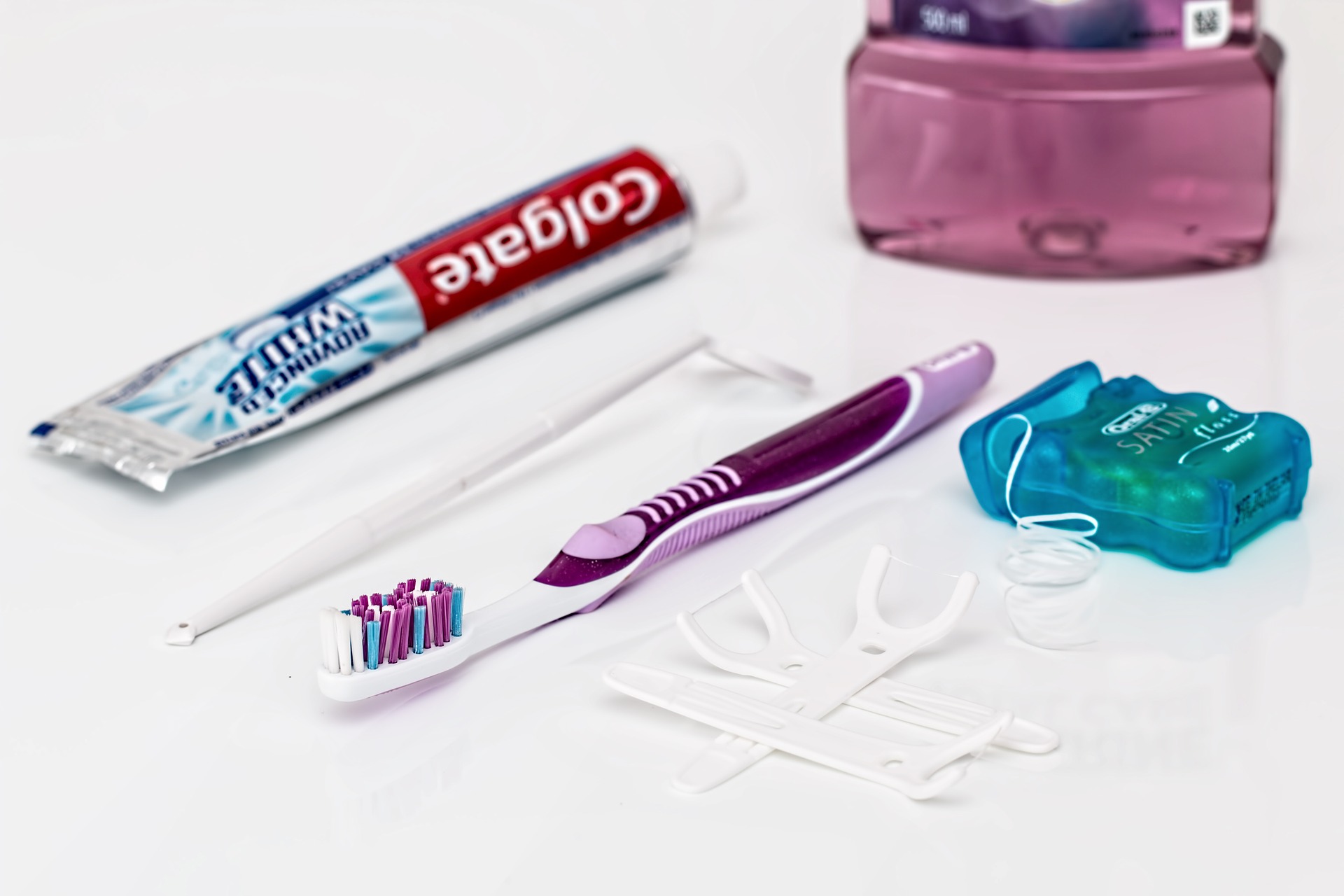
You’ve probably seen the headlines popping up in recent news:
“Flossing Proved Pointless”
“No need to floss, say the US Health Department”
“Do you really need to floss?”
For many, this possibility has been met with cheers of joy. A recent survey by the American Academy of Periodontology revealed that 15% of adults would rather clean a toilet then floss their teeth.
The impetus for the recent onslaught of floss-shaming began with an article by the Associated Press. Titled “Medical Benefits of Floss Unproven,” it brought attention to the fact that the department of Health and Human Services and Agriculture had removed it’s flossing recommendation from their most recent publication of the Dietary Guidelines for Americans.
But DON’T go ditching your dental floss just yet.
The American Academy of Dentists and the American Academy of Periodontology, our nation’s largest dental professional associations, are strongly cautioning the public not to take the headlines and run with them.
The fact of the matter is that the existing research studying the effectiveness of flossing on oral health is limited. Long term studies have not been conducted; and most of the research that exists employed outdated methodologies or tested too few people to produce statistically relevant results.
“Some (of the studies) lasted only two weeks, far too brief for a cavity or dental disease to develop. One tested 25 people after only a single use of floss.”
– Associated Press
It’s also important to note that the majority of people floss incorrectly, using a sawing motion rather than a gentle, up and down movements as recommended–an important variable that should be considered when studying effectiveness.
“The bottom line for dentists and patients is that a lack of strong evidence doesn’t equate to a lack of effectiveness.”
– American Dental Association
Basically what all this means is that the existing body of research cannot be used to prove or disprove either side of the flossing argument, specifically because it is unreliable and inconclusive.
Furthermore, it’s important for the public to realize that The Dietary Guidelines are exactly that–guidelines for diet and nutrition. The publication is completely separate from and has no bearing on the official recommendations of the Surgeon General, the CDC and other health agencies–all of which continue to support and recommend flossing as an important part of maintaining good oral health.
“Dentists are in the best position to advise their patients on oral hygiene practices because they know their patient’s oral health status and health history.”
– American Dental Association
We at Beavers Dentistry in Cary join our voices with those of our fellow practitioners and encourage our patients to continue to include flossing in their daily routines.
As an essential component to maintaining healthy teeth and gums, flossing helps remove and prevent buildup of films of bacteria (plaque) between teeth and around the gumline where brushing cannot reach. Along with brushing twice a day and receiving a bi-annual comprehensive periodontal evaluation, flossing is crucial to preventing periodontal disease.
If you struggle with traditional dental floss, there are lots of other options available to help you effectively and comfortably clean between your teeth. Dental picks, water flossers, tiny brushes, and wooden plaque removers are just a few of them. Check out this video from the ADA or contact our Cary office for help determining which is right for you!
Cary’s Family Dentist for Two Generations
Beavers Dentistry offers caring, comprehensive dental services to the families of Cary, Raleigh and the greater Triangle. We are a family practice in every sense of the word, with the father/son team of Drs. Wayne and Keith Beavers at our helm. We serve children and adults alike and are always accepting new patients. Contact our Cary office to schedule an appointment or find out more information.